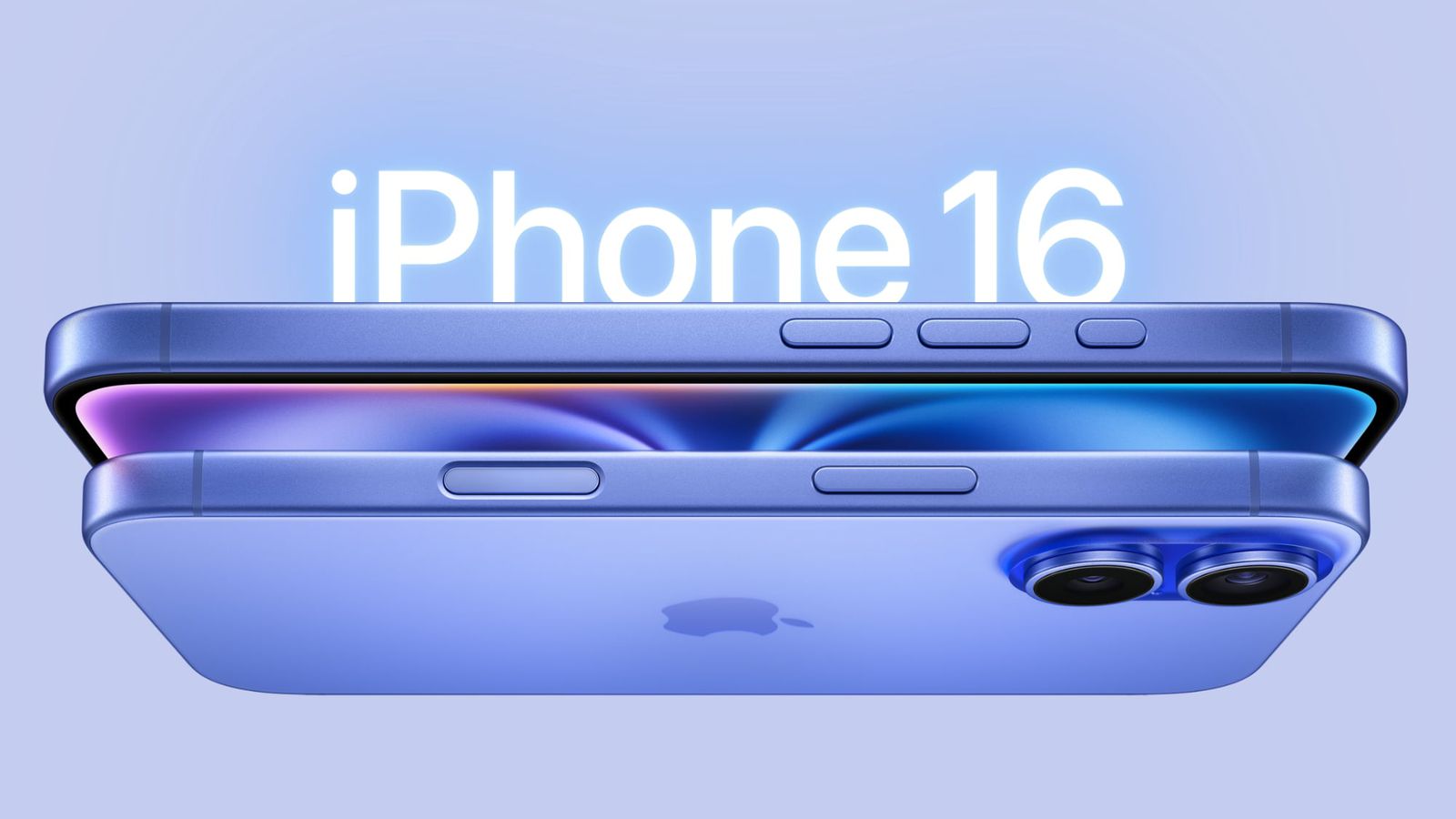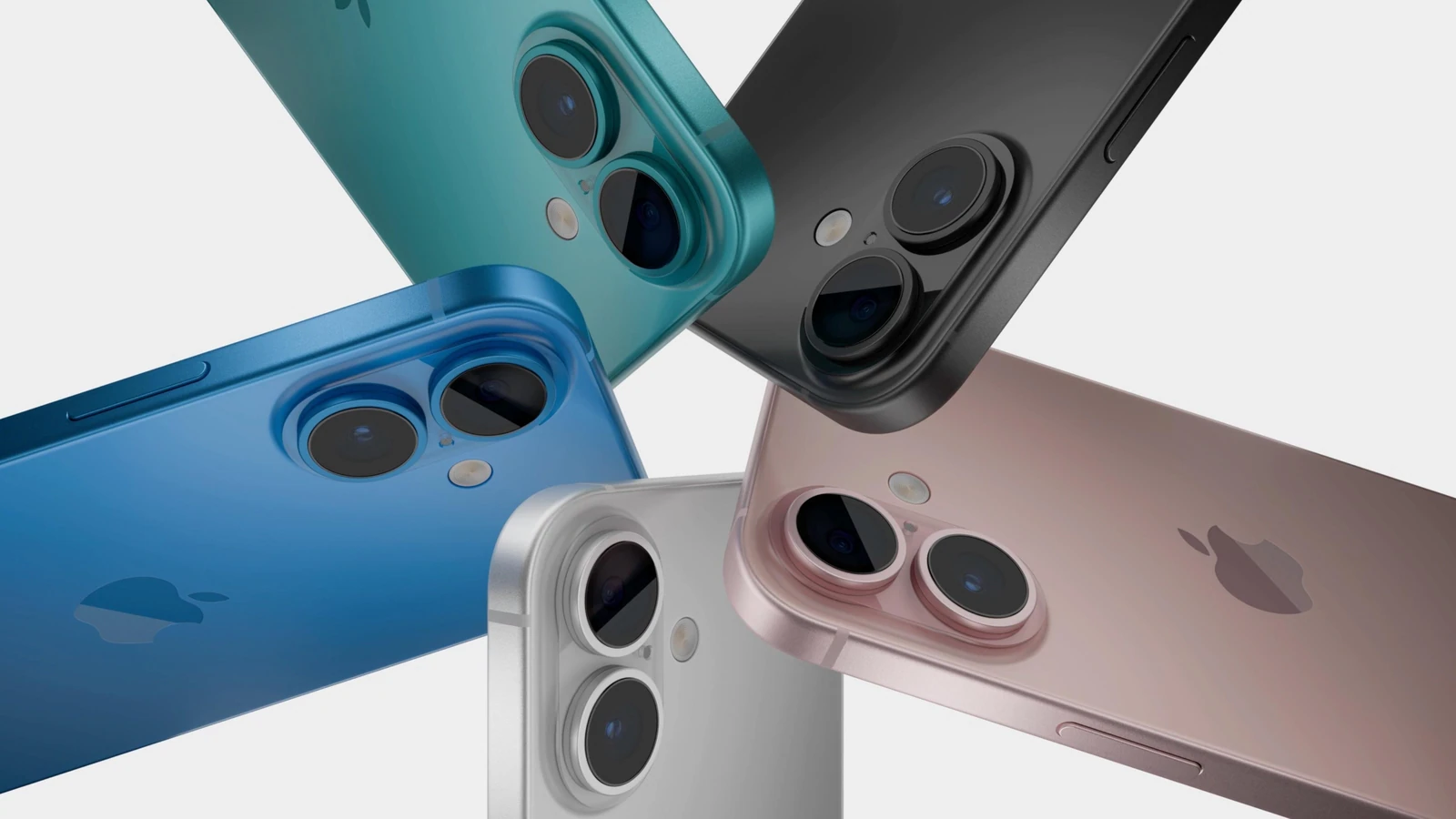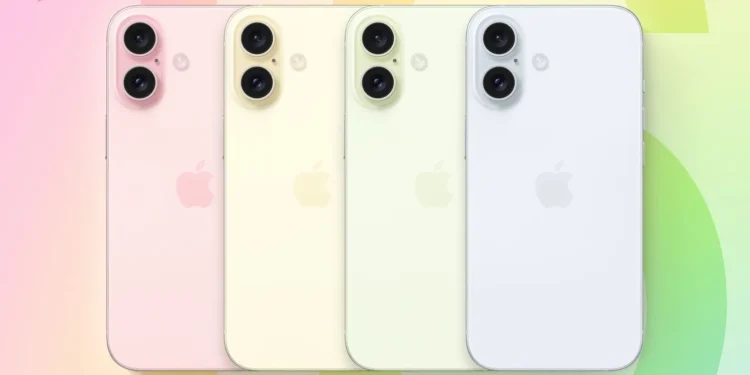When the iPhone 16 series was unveiled, Apple enthusiasts were eager to experience the much-touted Apple Intelligence, a suite of AI-driven features expected to revolutionize user interaction with their devices. As a new owner of an iPhone 16 Plus, the anticipation was particularly palpable. However, days after the purchase, the phone remains unboxed, a symbol of unmet expectations. With the launch of iOS 18.1, hopes were high for a full rollout of Apple Intelligence features. Instead, users like myself face a reality where these advanced capabilities are inaccessible, especially in the European market.

Apple’s Stance on the EU’s AI Pact: A Strategic Hold?
This week, Apple made headlines not for a product launch, but for its decision to refrain from signing the European Union’s new AI Pact. Apple was not alone in this decision; other major tech companies like Meta and Anthropic also opted out. This collective hesitance among tech giants highlights a broader uncertainty about the EU’s regulatory environment, which continues to tighten with laws like the Digital Markets Act (DMA).
The AI Pact, intended as a voluntary agreement to adhere to the upcoming AI Act principles before its formal enactment, seems to have been a bridge too far for these companies. The AI Act itself, which became effective on August 1, 2024, with a staggered application schedule, aims to govern the deployment of AI systems more stringently. This act is part of the EU’s leading stance in global AI regulation, yet the resistance to the Pact suggests a complex negotiation landscape between these tech behemoths and European regulators.

The Impact of Non-Participation
By not signing the Pact, companies like Apple signal potential delays and complications in introducing their AI technologies to the European market. For users, this means that the innovative features of devices like the iPhone 16 could remain under lock and key, depending on where they live. This geographical disparity in technology access not only frustrates users but also impedes the unified rollout of new advancements that could benefit all.

Looking Forward: A Long Road Ahead?
As Apple decides its next moves, iPhone 16 users in Europe might have to settle for less advanced iterations of their devices. While the rest of the world begins to explore the boundaries of personal AI, European users are left navigating a landscape where such features might arrive much later, if at all.
This scenario poses a significant question: Will Apple and other tech giants find common ground with European regulators, or will consumers continue to face a patchwork of availability and capability across regions? As this story unfolds, the implications will resonate not just with consumers but across the global tech industry, influencing how AI technologies are deployed worldwide.
Meanwhile, as I finally set up my iPhone 16 Plus, it remains just a phone – a powerful one, indeed, but devoid of the AI enhancements that could redefine what smartphones are capable of.










